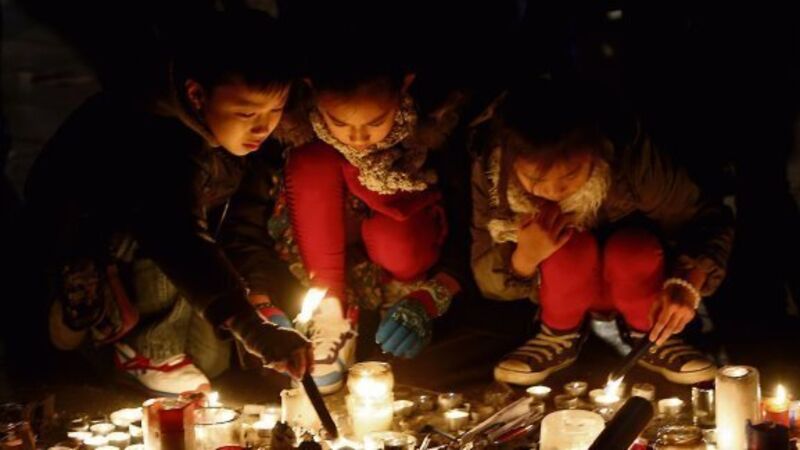French republic must fight for its core values

LAST week, France came under attack as never before. The three values — liberté, égalité, fraternité — which have been the motto of France since the 1789 Revolution were decimated. The terrorist attacks which killed 20, eight journalists from Charlie Hebdo, three police officers, six civilians, and three perpetrators were the most bloody that France had known since the 1960s.
They were carried out to avenge the Prophet Mohammad who, according to the three terrorists, had been derided and soiled by the cartoonists of Charlie Hebdo, and to punish France for its foreign and military policy in Mali, Syria, Iraq, and the Middle East.
















